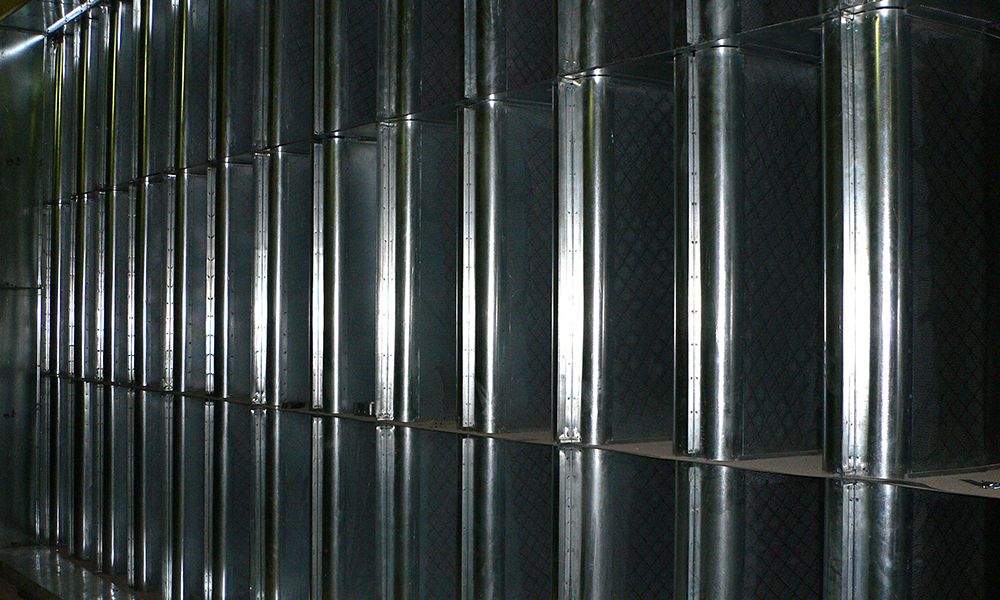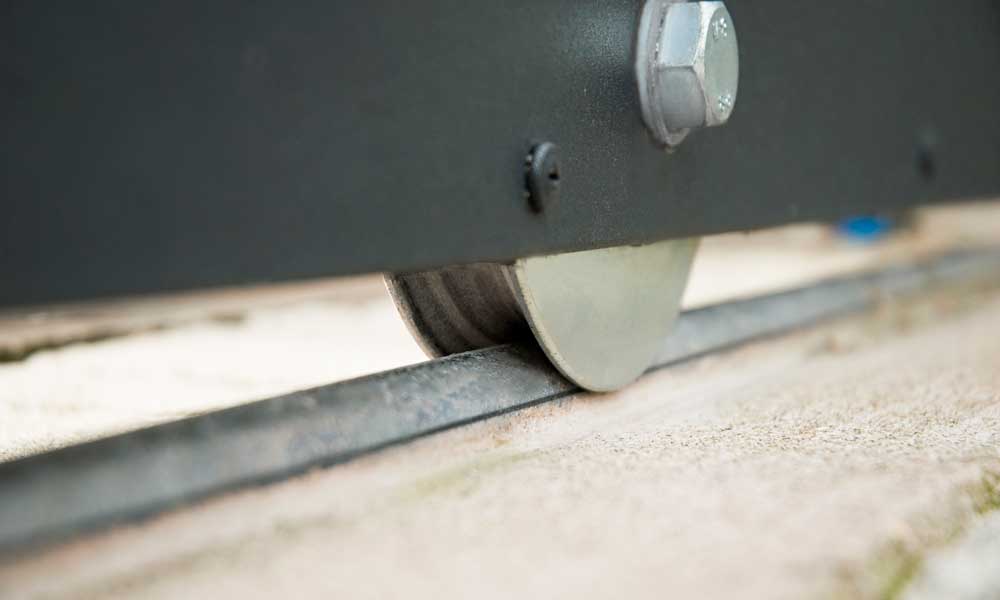How Noise Barriers Can Reduce Sound Pollution and Improve Wellbeing
Noise pollution is a growing problem in today’s society, with the constant sounds of traffic, construction, and other sources creating a chaotic and disruptive environment. This excessive noise can have a negative impact on our well-being, affecting our physical and mental health, as well as our overall quality of life.
However, there is a solution that can help reduce this problem and improve our living conditions: noise barriers. In this article, we will explore how noise barriers can minimize sound pollution and enhance our daily lives.
What are Noise Barriers?
Noise barriers, also known as sound barriers, are physical structures designed to reduce the amount of noise that reaches a specific area. These barriers act as a shield, blocking and absorbing sound waves from sources such as highways, industrial sites, and airports.
The main purpose of noise barriers is to improve the quality of life for individuals living near high-noise areas. They provide a barrier between residents and the noise source, reducing the sound levels and creating a more peaceful environment.
There are different types of noise barriers, including walls, fencing, and vegetation. They all work by either reflecting, diffusing, or absorbing sound waves, depending on their design and materials used.
Noise barriers are an effective solution for reducing noise pollution and its negative impacts on individuals and communities. They not only improve the overall health and well-being of residents but also increase property values and make quieter areas more desirable to live in. Governments and communities should consider implementing noise barriers in high-pollution areas to create a more peaceful and healthier society.
Benefits of Noise Barriers
One of the primary benefits of noise barriers is the significant reduction of noise pollution levels in surrounding areas. Noise pollution, also known as environmental noise, is defined as unwanted or harmful outdoor sound created by human activities such as transportation, industrial processes, and recreational activities. This type of pollution has become a major concern in urban and suburban areas, where excessive noise levels can negatively impact the quality of life for residents.
Reduction of noise pollution levels in surrounding areas
Noise barriers act as physical barriers that intercept and absorb or reflect sound waves, preventing them from reaching surrounding areas. This results in significantly reduced noise levels, providing a more peaceful and comfortable environment for those living and working nearby.
In fact, studies have shown that noise barriers can reduce noise levels by up to 10 decibels, which is a noticeable difference for human ears. Noise barriers are particularly effective in reducing noise from traffic, which is a major contributor to noise pollution in urban areas.
These barriers can be installed along highways and busy roads, significantly reducing the impact of traffic noise on nearby residential and commercial areas. They can also be used near industrial sites, airports, and construction zones to minimize the noise generated by these activities.
Improved health and well-being for individuals living near noise sources
Excessive noise pollution can have a detrimental impact on human health and well-being. It can lead to hearing loss, stress, sleep disturbance, and even cardiovascular problems. By reducing noise levels in surrounding areas, noise barriers can help mitigate these health effects and improve the overall quality of life for individuals living near noise sources.
Increased property values and desirability of living in quieter areas
In addition to the health and well-being benefits, noise barriers can also have a positive impact on property values. Properties located near noise barriers are generally more desirable due to the reduced noise levels, making them more attractive to potential buyers. This can ultimately lead to an increase in property values and contribute to the overall economic development of an area.
Furthermore, noise barriers can also encourage the development of quieter and more peaceful neighborhoods, making them more attractive to families and individuals looking for a quieter place to live. This can lead to a sense of community and a better quality of life for residents in these areas.
Conclusion
In conclusion, noise barriers have the potential to greatly reduce sound pollution and improve quality of life for individuals living in noisy areas. By defining and understanding the purpose of noise barriers and the different types available, we can see how they effectively work to minimize noise levels. The benefits of noise barriers extend beyond just reducing noise pollution; they also promote better health and well-being for those living near noise sources and can increase property values in quieter areas.




